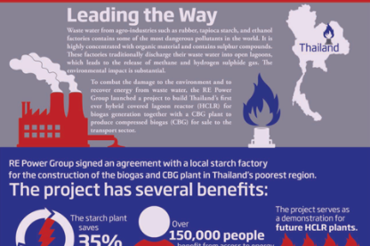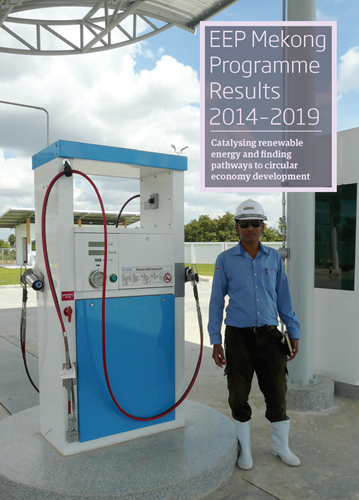EEP Mekong’s overall goal was to improve livelihoods and climate resilience of rural communities through the provision of reliable, sustainable, and affordable energy for households, social institutions, and businesses (especially small and medium-sized enterprises). This was done by stimulating a market for renewable energy through business development, capacity building, and the improvement of policy frameworks.
During Phase I, the project made use of a challenge fund to grant-fund pilot projects, (pre)feasibility and strategic studies, and renewable solutions with potential for upscaling or replication, capacity building, and information sharing in the renewable energy, energy efficiency, and waste-to-energy sectors. From across the region, 432 proposals were submitted, covering a variety of renewable energy sectors including biofuel, biogas, biomass, energy efficiency/energy conservation, hydropower, solar, waste to energy, wind, and hybrid renewable energy projects. In total, 39 projects received funding, of which five projects proved to be scaleable, benefiting 50,000 people directly.












